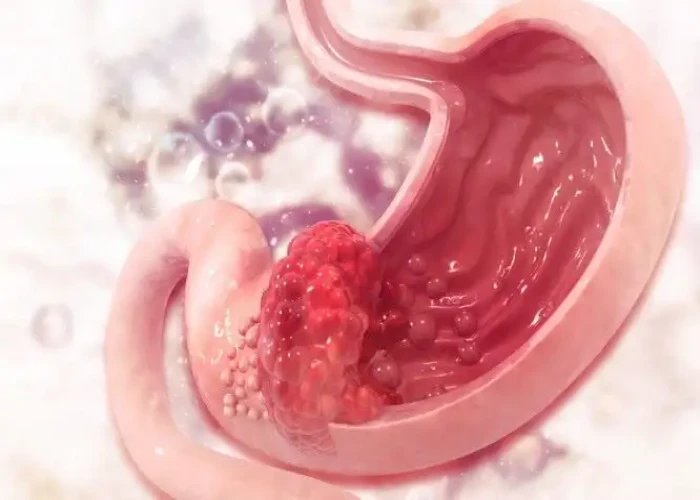 Welcome
Welcome
“May all be happy, may all be healed, may all be at peace and may no one ever suffer."
Stomach cancer

Stomach cancer, also known as gastric cancer, is a type of cancer that begins in the lining of the stomach. It is a relatively rare cancer, but it can be a serious and life-threatening disease if it is not detected and treated early.
There are several different types of stomach cancer, but the most common type is called adenocarcinoma, which begins in the glandular cells that line the stomach. Other types of stomach cancer include lymphoma, sarcoma, and gastrointestinal stromal tumors (GISTs).
Symptoms of stomach cancer may include abdominal pain or discomfort, bloating, nausea, vomiting, loss of appetite, unexplained weight loss, and difficulty swallowing. In some cases, there may be no symptoms at all, especially in the early stages of the disease.
The exact causes of stomach cancer are not well understood, but several factors may increase the risk of developing the disease, including a family history of stomach cancer, smoking, a diet high in salt or smoked or pickled foods, chronic infection with Helicobacter pylori (H. pylori) bacteria, and a history of stomach surgery.
Treatment of stomach cancer may include surgery, chemotherapy, radiation therapy, and other supportive therapies, depending on the stage and severity of the disease. Early detection is important for a better prognosis, so regular check-ups and screening tests, such as endoscopy and biopsy, are recommended for individuals who are at high risk for stomach cancer or who have symptoms that may suggest the disease.
Research Papers
Disease Signs and Symptoms
- Stomach cancer
- Burning stomach pain
- Abdomen pain
- Swollen abdomen (Ascites)
- Feeling bloated after eating
- Heartburn
- Nausea or vomiting
- Weight loss
Disease Causes
Stomach cancer
It's not clear what causes stomach cancer, though research has identified many factors that can increase the risk.
Doctors know that stomach cancer begins when a cell in the stomach develops changes in its DNA. A cell's DNA contains the instructions that tell the cell what to do. The changes tell the cell to grow quickly and to continue living when healthy cells would die. The accumulating cells form a tumor that can invade and destroy healthy tissue. With time, cells can break off and spread (metastasize) to other areas of the body.
Disease Prevents
Stomach cancer
To reduce the risk of stomach cancer, you can:
- Maintain a healthy weight. If you're overweight or obese, talk to your doctor about strategies to help you lose weight. Aim for a slow and steady weight loss of 1 or 2 pounds a week.
- Choose a diet full of fruits and vegetables. Try to incorporate more fruits and vegetables into your diet each day. Choose a wide variety of colorful fruits and vegetables.
- Reduce the amount of salty and smoked foods you eat. Protect your stomach by limiting these foods.
- Stop smoking. If you smoke, quit. If you don't smoke, don't start. Smoking increases your risk of stomach cancer, as well as many other types of cancer. Quitting smoking can be very difficult, so ask your doctor for help.
- Ask your doctor about your risk of stomach cancer. Talk with your doctor if you have an increased risk of stomach cancer. People with a strong family history of stomach cancer might consider tests, such as endoscopy, to look for signs of stomach cancer.
Disease Treatments
Treatment options for stomach cancer depend on the cancer's location, stage and aggressiveness. Your doctor also considers your overall health and your preferences when creating a treatment plan.
Surgery
The goal of surgery is to remove all of the cancer and some of the healthy tissue around it.
Operations used for stomach cancer include:
- Removing early-stage tumors from the stomach lining. Very small cancers limited to the inside lining of the stomach may be removed by passing special tools through an endoscope. Procedures to cut away cancer from the inside lining of the stomach include endoscopic mucosal resection and endoscopic submucosal resection.
- Removing part of the stomach (subtotal gastrectomy). During subtotal gastrectomy, the surgeon removes the part of the stomach affected by cancer and some of the healthy tissue around it. This operation may be an option if your stomach cancer is located in the part of the stomach nearest the small intestine.
- Removing the entire stomach (total gastrectomy). Total gastrectomy involves removing the entire stomach and some surrounding tissue. The esophagus is then connected directly to the small intestine to allow food to move through your digestive system. Total gastrectomy is used most often for stomach cancers that affect the body of the stomach and those that are located in the gastroesophageal junction.
- Removing lymph nodes to look for cancer. The surgeon may remove lymph nodes in your abdomen to test them for cancer.
- Surgery to relieve signs and symptoms. An operation to remove part of the stomach may relieve signs and symptoms of a growing cancer in people with advanced stomach cancer.
Chemotherapy
Chemotherapy is a drug treatment that uses chemicals to kill cancer cells. Chemotherapy drugs travel throughout your body, killing cancer cells that may have spread beyond the stomach.
Chemotherapy can be given before surgery to help shrink the cancer so that it can be more easily removed. Chemotherapy is also used after surgery to kill any cancer cells that might remain in the body. Chemotherapy is often combined with radiation therapy.
Chemotherapy may be used alone or with targeted drug therapy in people with advanced stomach cancer.
Radiation therapy
Radiation therapy uses high-powered beams of energy, such as X-rays and protons, to kill cancer cells. The energy beams come from a machine that moves around you as you lie on a table.
For stomach cancer, radiation therapy can be used before surgery to shrink the cancer so that it's more easily removed. Radiation therapy can also be used after surgery to kill any cancer cells that might remain. Radiation therapy is often combined with chemotherapy.
For advanced stomach cancer that can't be removed with surgery, radiation therapy may be used to relieve side effects, such as pain or bleeding, caused by a growing cancer.
Targeted drug therapy
Targeted drug treatments focus on specific weaknesses present within cancer cells. By blocking these weaknesses, targeted drug treatments can cause cancer cells to die. For stomach cancer, targeted drugs are usually combined with chemotherapy for advanced cancers or cancer that comes back after treatment.
Your doctor may test your cancer cells to see which targeted drugs are most likely to work for you.
Immunotherapy
Immunotherapy is a drug treatment that helps your immune system to fight cancer. Your body's disease-fighting immune system might not attack cancer because the cancer cells produce proteins that make it hard for the immune system cells to recognize the cancer cells as dangerous. Immunotherapy works by interfering with that process.
For stomach cancer, immunotherapy might be used when the cancer is advanced, if it comes back or if it spreads to other parts of the body.
Supportive (palliative) care
Palliative care is specialized medical care that focuses on providing relief from pain and other symptoms of a serious illness. Palliative care specialists work with you, your family and your other doctors to provide an extra layer of support that complements your ongoing care. Palliative care can be used while undergoing aggressive treatments, such as surgery, chemotherapy or radiation therapy.
When palliative care is used along with all of the other appropriate treatments, people with cancer may feel better and live longer.
Palliative care is provided by a team of doctors, nurses and other specially trained professionals. Palliative care teams aim to improve quality of life for people with cancer and their families. This form of care is offered alongside curative or other treatments you may be receiving.
Disease Diagnoses
Disease Allopathic Generics
Disease Ayurvedic Generics
Disease Homeopathic Generics
-
Lapis albus
1X, 2X strength only 3/4 times a day.
-
Lachesis
Strength 30, 200.
-
Carcinosinum (Carcinosin)
Strength 30, 200.
-
Radium bromide
Shakti 6X, 12X crushed once daily 3/4 times a day.
-
Arsenicum album
Strength 6, 30, 200.
-
X- ray
Strength 30, 200.
-
Crotalus horridus
Strength 6, 30, 200.
-
Condurango
Strength 30, 200 servings 3 times a day.
-
Ruta graveolens
Strength 6, 30, 200.
-
Aurum metalicum
3X
-
Bismuthum metallicum
30, 200
-
Carbolicum acidum
30, 200
-
Phytolacca
Q, 200
-
Hydrastis
Q, 3X, 200
-
Natrum phosphoricum
3X, 6X, 12X
-
Ferrum phosphoricum
6X, 12X
Disease yoga
Stomach cancer and Learn More about Diseases
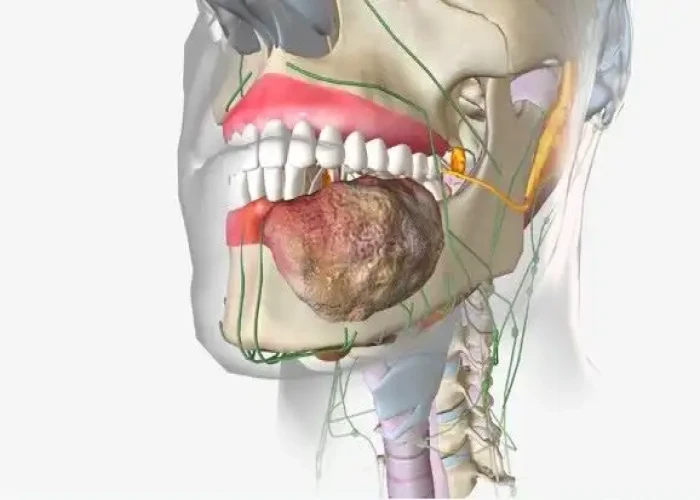
Soft palate cancer
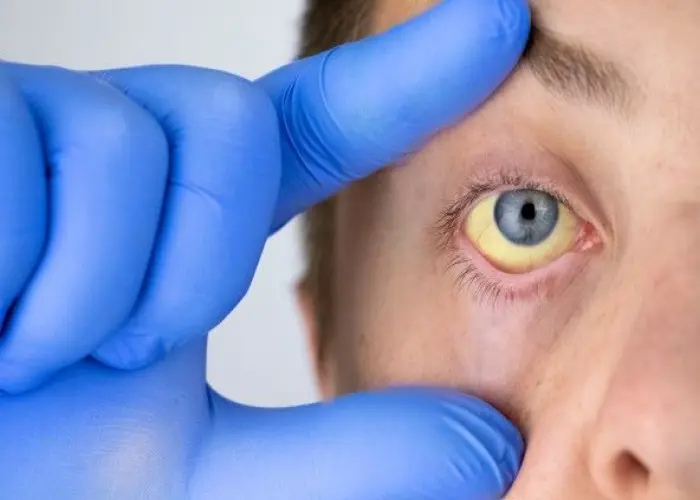
Gilbert's syndrome
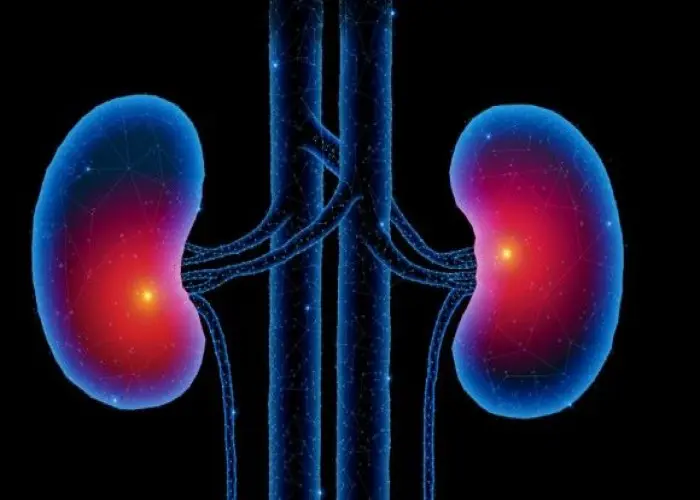
Chronic kidney disease

Transient global amnesia
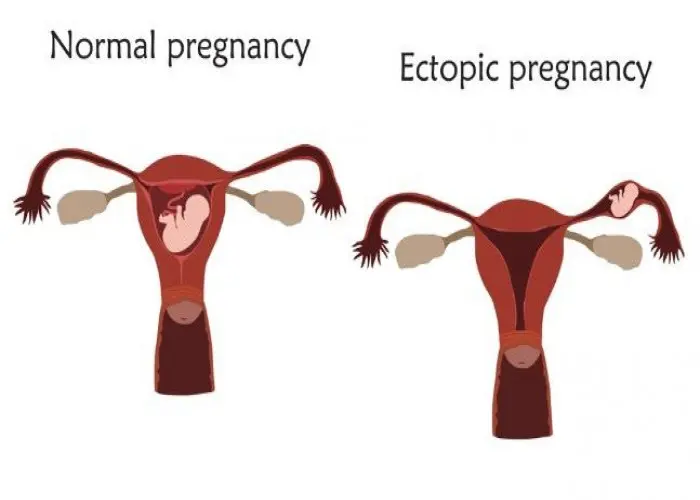
Ectopic pregnancy

Dry skin
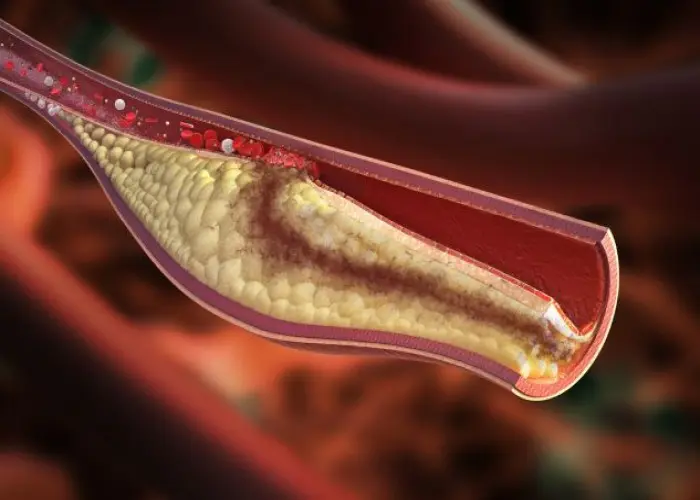
Acute coronary syndrome

Enlarged heart
stomach cancer, পেটের ক্যান্সার
To be happy, beautiful, healthy, wealthy, hale and long-lived stay with DM3S.
